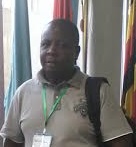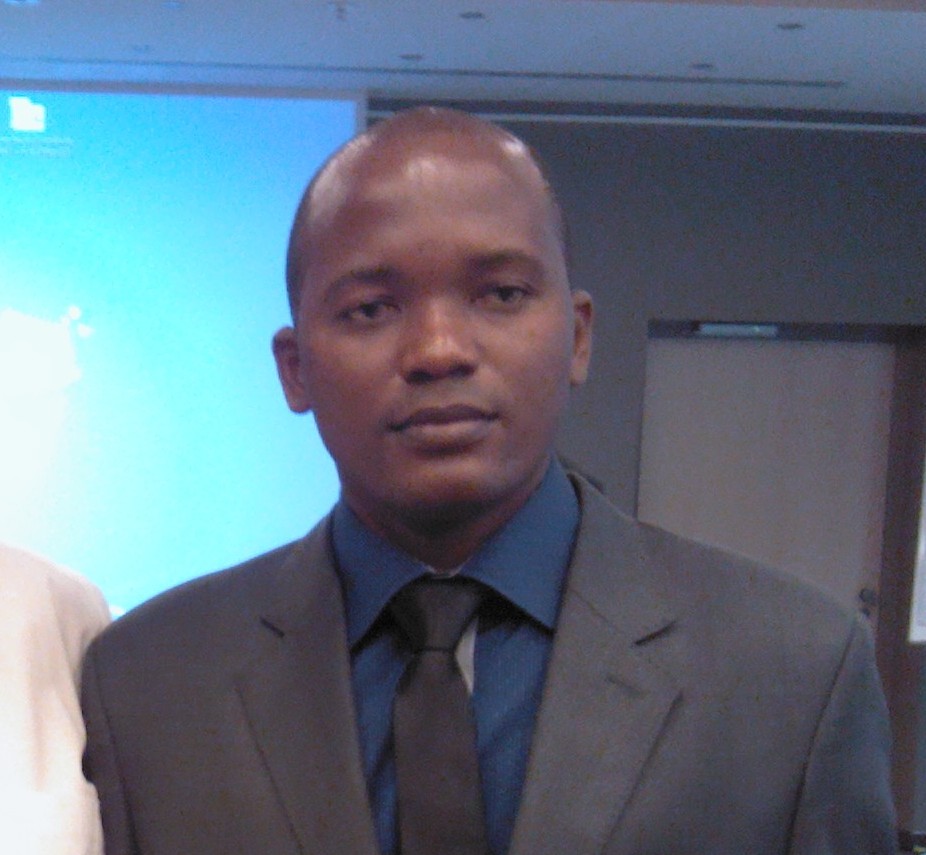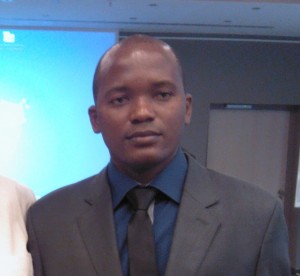(Pictured: Inspector Abdallah Kirungu, Tanzania)
The AIDS & Rights Alliance for Southern Africa co-hosted a “Regional dialogue on promoting rights-based approaches to curbing HIV among key populations by collaborating with correctional services and law enforcement officials” in Johannesburg, 16-17 June 2016.
The dialogue resulted in three main outputs of the dialogue:
- A multi-sectoral engagement between representatives of the judiciary, law enforcement, key populations and civil society organisations around the punitive laws and policies imposed on People living with HIV (PLHIV) and Key Populations.
- Inter- and intra- regional information exchange on the realities of key populations and applicable and adaptable best practices.
- The inception of a coordinated regional advocacy plan which will be coordinated by ARASA in partnership with various law enforcement authorities, representative policy and lawmakers and civil society entities from the two regions.
Presentations from the event are available on the ARASA website
(Excerpt from report)
Inspector Kirungu spoke “impassionately about the difficulty of altering perceptions of at risk populations within law enforcement. Furthermore, he outlined the challenges in encouraging most law enforcement officials to adapt to a more humanitarian approach when dealing with drugs users. The existing approach has been on the chain of supply and demand and the criminalisation thereof. Harm reduction had previously been excluded as a viable intervention, neither had the benefits been identified in dealing with the problem of drug use. The network through ongoing engagement looked at a more humanitarian approach aimed at harm reduction. This transformative approach has revealed the role that law enforcement officials in decreasing drug abuse in communities where drug use is rife. [LEAHN] aims to not only connect law enforcement officials but includes various stakeholders working on HIV (such as health care workers). Since [LEAHN’s] creation, the tangible outcomes have been:
- More than 10 000 police officers in Dar-es Salaam trained on harm reduction;
- Approximately 3000 people to date have accessed the free methadone clinic; and
- 25 000 signatures have been added to the network.”

Wamala Twaibu, LEAHN Country Focal Point for Uganda, also presented at the event. Wamala is the Executive Director of the Uganda Harm Reduction Network (UHRN), a Network that advocates for rights of drug users in Uganda, and a former Detective Inspector of Police. His presentation can be accessed via the link below:
Transition from law enforcement to protecting the rights of people who use drugs
Co-supporters of the regional dialogue were:
- The African Policing Civilian Oversight Forum (APCOF) is a network of African policing practitioners from state and non-state institutions. The organisation promotes democratic policing through strengthening civilian oversight over the police in Africa. APCOF undertakes research, provides technical support to state and non-state actors including civil society organisations, the police and new and emerging oversight bodies in Africa.
- The Centre for Human Rights Education, Advice and Assistance (CHREAA) is non-governmental organisation, established in 2000 and works country wide in Malawi to promote and protect human rights by assisting vulnerable and marginalised people to access justice through civic education, advocacy, legal advice and assistance. CHREAA works within the criminal justice system providing legal aid services to people in conflict with the law through its paralegals, who work in prison, court and at police stations on a daily basis.




